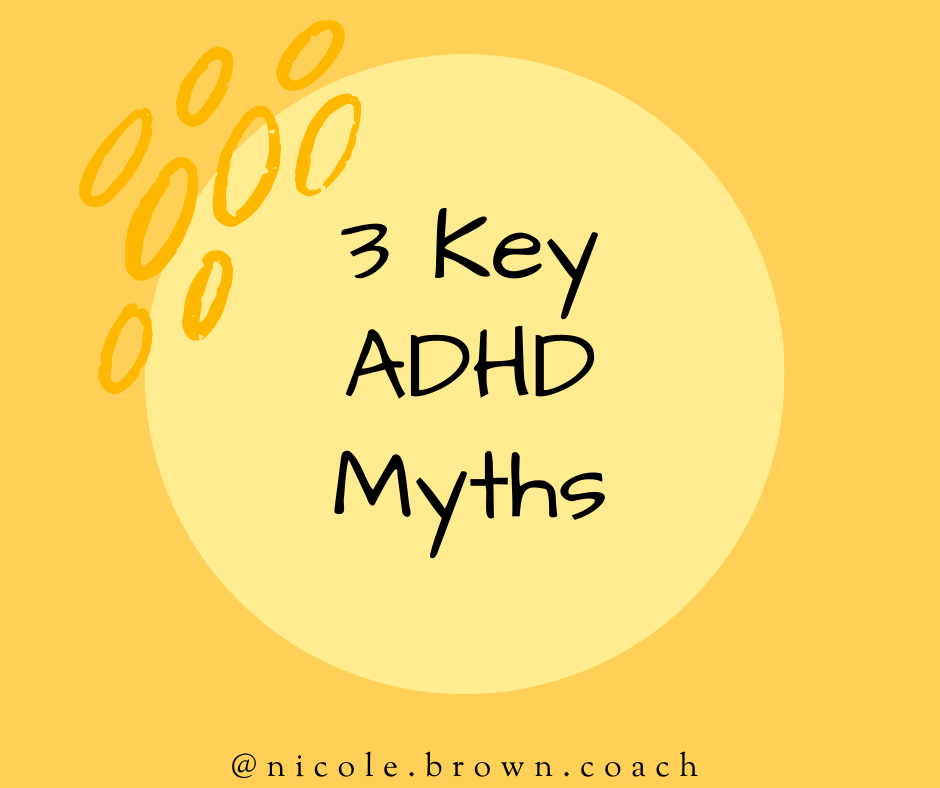3 Key Myths About ADHD
Search on the Internet and you will find lists of myths associated with ADHD. Here are three main ones we’d like to highlight.
ADHD is a myth
ADHD is a neurodevelopment disorder, and it is very much a real thing. It’s first known reference dates back to 1798 when Sir Alexander Crichton, a Scottish physician, wrote about a disorder consistent with the modern diagnostic criteria for ADHD.
Medical research has shown that ADHD can be traced to genes and has a strong hereditary link. In fact, approximately 65% of ADHD cases are genetic and 35% acquired (in utero or post-birth).
There is around a 50% likelihood that a parent with ADHD will have a child with ADHD. And for every child diagnosed with ADHD, there is a high likelihood that a parent will also have it. This is important to note as many adults go undiagnosed.
ADHD is not a big deal
The name implies ADHD is only about inattention and hyperactivity. However, the name is misleading as there is so much more.
The inability for a person to self-regulate their executive functions is of major significance.
Imagine having difficulties with managing inhibition, impulsiveness, time, organisation, planning, problem solving, working memory, learning, and your emotions. These faculties are utilised every single day multiple times over. Imagine being this person, or living or working with this person. Significant.
ADHD is just laziness and lack of discipline
Summoning up motivation is a battle when you have ADHD. You have executive function challenges which limit your ability to generate motivation and focus, and you have a history of negative events and subsequent emotional responses to overcome.
Add distractibility to that and it’s no wonder it can take a lot for someone with ADHD to get moving! They know what they need to do (assuming they can recall it) but implementing what they know can be another story.
Tell us, what myth about ADHD do you encounter the most?

